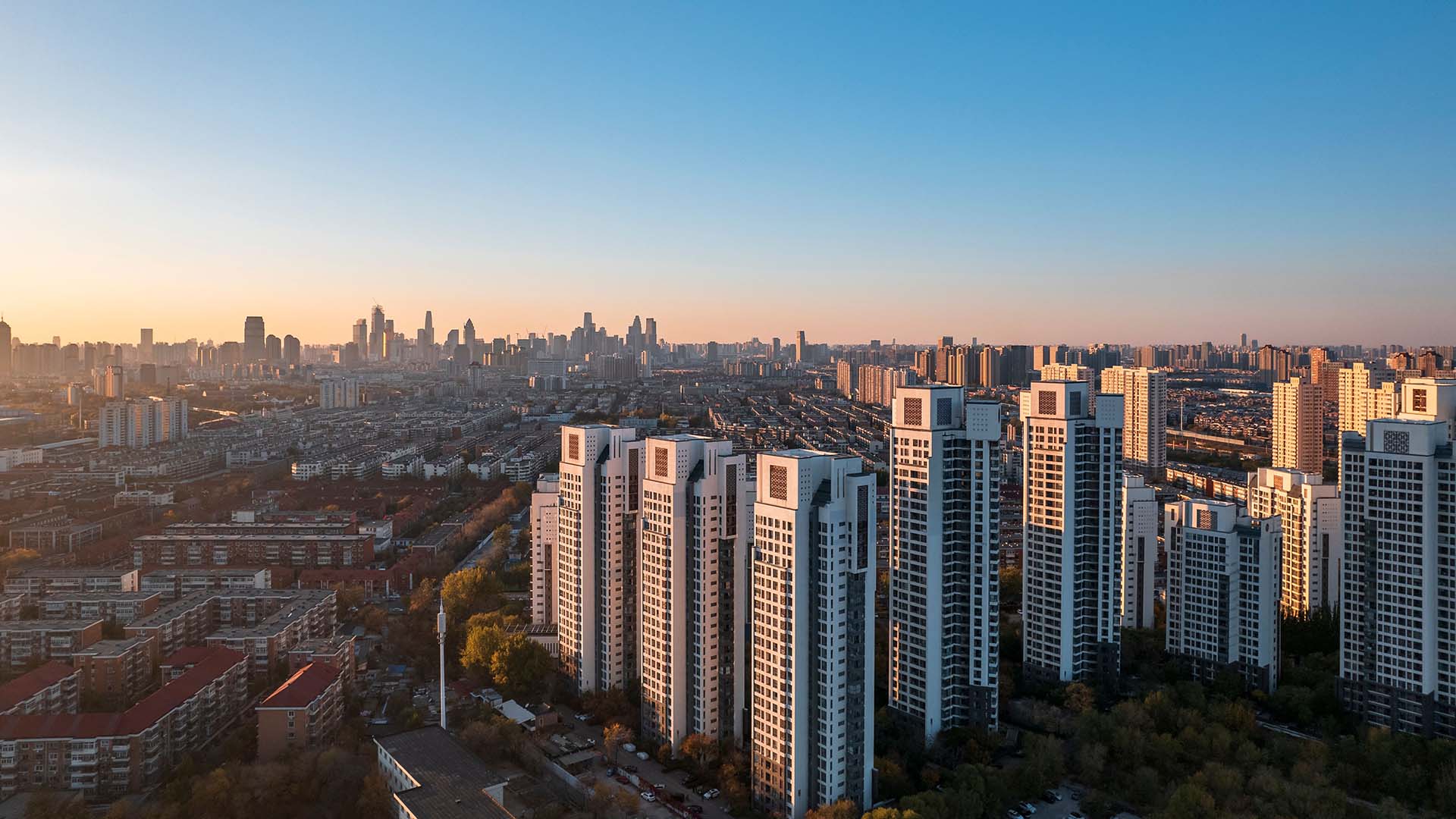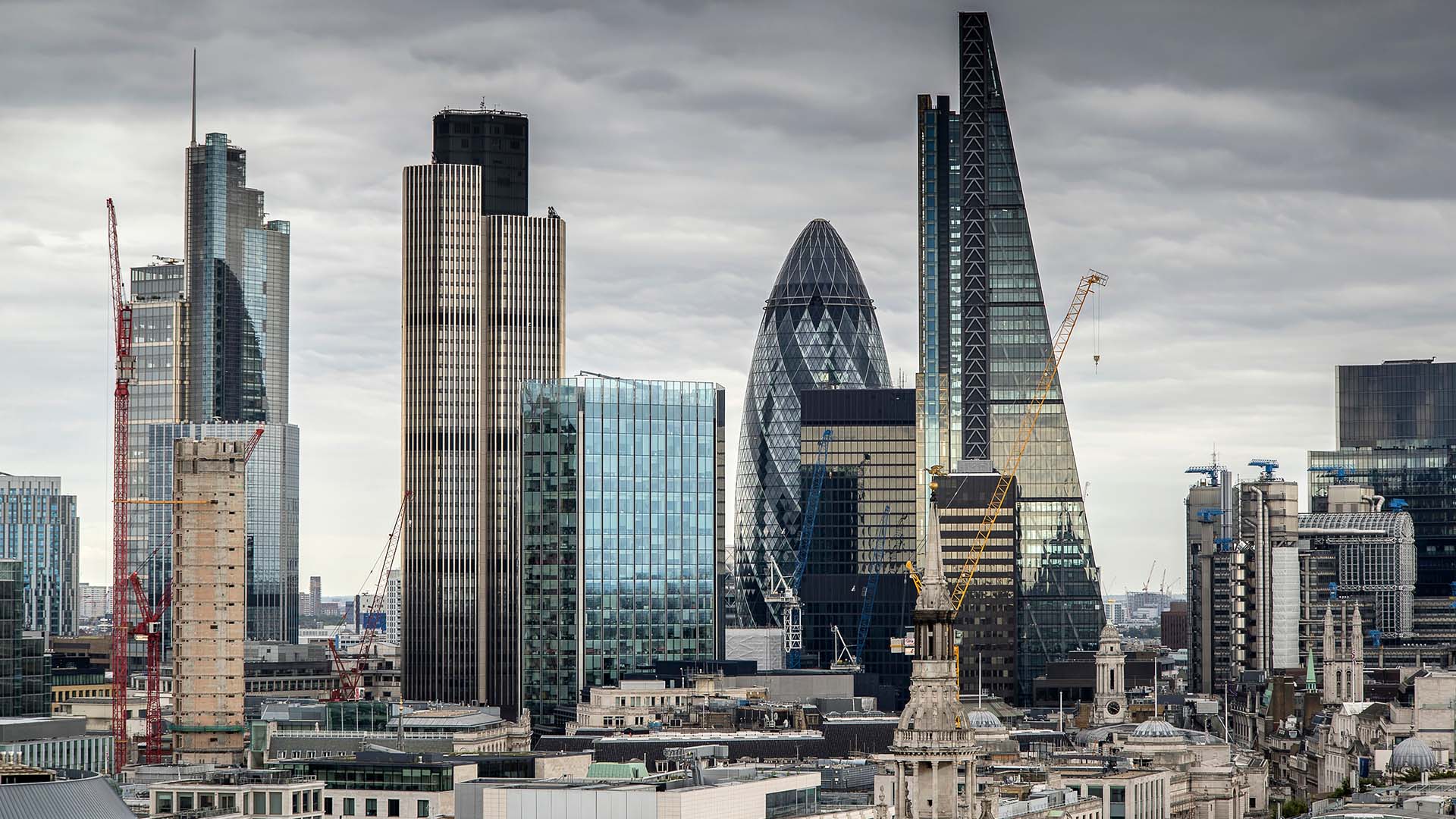 Credit: Govan | AdobeStock
Credit: Govan | AdobeStockInternational Impacts of the Evergrande Crisis
What impact will the real estate giant’s downfall have on China’s economy - and the rest of the world?
September 29, 2023Real Estate
Written by Fedra Rodríguez
It is no news that the world is still struggling with the economic effects of the Covid-19 pandemic, a scenario that seems to be even more complex in some countries like China, the early epicentre of the toughest health crisis in the last century.
The strength of the Asian giant’s economy is, once again, severely menaced, with several sectors - and especially the real estate industry - mirroring the potential upsets that may well be on the cards.
According to research carried out by BTG Pactual analysts Luiza Paparounis and Arthur Mota, it is expected that investments in the real estate sector will drop by around 8.8%. On September 26th, the Shanghai Composite Index fell by 3,102.12 points.
The biggest spitting dragon in the overall picture is Evergrande, finding itself in a situation comparable to the Lehman Brothers drama, although with some key differences.
Let’s take a closer look at some of the most threatening features:
First of all, it is common in the Chinese industry to use money obtained from selling property under construction to build new real estate assets. Such a miscalculation can result in alarming consequences: unfinished or abandoned constructions become increasingly common.
In turn, this leaves building companies and developers with serious problems concluding their projects, meeting their commitments, and paying or renegotiating their debts - plus interest rates.
The government, in partnership with other domestic and international institutions must help developers find solutions to finish the existing real estate projects, protecting buyers and investors, and avoiding serious damage in the realty market worldwide.
Here lies Evergrande, the most astounding example of this scheme. The developer announced last Monday (September 25th) that its subsidiary Hengda Real Estate Group Co. will not be able to pay its US$ 547 million debt and interest.
Now Evergrande risks spiralling out of control, making the scenario even more difficult to solve.

The Chinese government recently asked Hui Ka Yan, Evergrande CEO and President, to use his own private properties and investments in a bid to alleviate this setback that could collapse the country’s economy to a catastrophic level.
The executive has since been placed under police surveillance, with the company announcing in a statement that Hui is being investigated over suspected “illegal crimes”.
Facing the severity of this situation, on September 28th the company suspended share trade on Hong Kong stock exchange once again, claiming that it is utterly necessary to reassess terms and conditions to meet the creditors demands.
In global terms, there is no doubt that this situation may become a threat or even more if measures are not taken immediately. The British government - particularly the Treasury - and other financial entities are closely monitoring the upheaval, and projections suggest that financial institutions, investors, and developers in the UK may feel a small wave rather than a tsunami.
According to recent statements by the Bank of England Deputy Governor Sam Woods, UK banks, financial entities and insurance companies are not directly exposed to the troubles caused by the Chinese developer.
Besides, banks continue to strengthen the effectiveness of supervision and create measures to mitigate near-term risks, as it is always appropriate to recommend extreme caution in those circumstances.

This is the key factor that makes a significant difference between the two situations: Gray rhinos, being foreseeable and identifiable risks, present the opportunity to strategise and take action to mitigate potential losses over time, unlike the sudden and unforeseeable nature of black swan events, which often leave little room for preparedness.
It is no news that the world is still struggling with the economic effects of the Covid-19 pandemic, a scenario that seems to be even more complex in some countries like China, the early epicentre of the toughest health crisis in the last century.
The strength of the Asian giant’s economy is, once again, severely menaced, with several sectors - and especially the real estate industry - mirroring the potential upsets that may well be on the cards.
According to research carried out by BTG Pactual analysts Luiza Paparounis and Arthur Mota, it is expected that investments in the real estate sector will drop by around 8.8%. On September 26th, the Shanghai Composite Index fell by 3,102.12 points.
Enter Evergrande

(Photo: H Stock | AdobeStock)
The biggest spitting dragon in the overall picture is Evergrande, finding itself in a situation comparable to the Lehman Brothers drama, although with some key differences.
Let’s take a closer look at some of the most threatening features:
First of all, it is common in the Chinese industry to use money obtained from selling property under construction to build new real estate assets. Such a miscalculation can result in alarming consequences: unfinished or abandoned constructions become increasingly common.
In turn, this leaves building companies and developers with serious problems concluding their projects, meeting their commitments, and paying or renegotiating their debts - plus interest rates.
China’s Response
It is clear that the maintenance of operations by developers is crucial for China and the global economy.The government, in partnership with other domestic and international institutions must help developers find solutions to finish the existing real estate projects, protecting buyers and investors, and avoiding serious damage in the realty market worldwide.
Here lies Evergrande, the most astounding example of this scheme. The developer announced last Monday (September 25th) that its subsidiary Hengda Real Estate Group Co. will not be able to pay its US$ 547 million debt and interest.
Now Evergrande risks spiralling out of control, making the scenario even more difficult to solve.

(Photo:Wirestock | envato)
The Chinese government recently asked Hui Ka Yan, Evergrande CEO and President, to use his own private properties and investments in a bid to alleviate this setback that could collapse the country’s economy to a catastrophic level.
The executive has since been placed under police surveillance, with the company announcing in a statement that Hui is being investigated over suspected “illegal crimes”.
Facing the severity of this situation, on September 28th the company suspended share trade on Hong Kong stock exchange once again, claiming that it is utterly necessary to reassess terms and conditions to meet the creditors demands.
Global Impacts
Could this crisis take a plane and land in the UK? That’s the question!In global terms, there is no doubt that this situation may become a threat or even more if measures are not taken immediately. The British government - particularly the Treasury - and other financial entities are closely monitoring the upheaval, and projections suggest that financial institutions, investors, and developers in the UK may feel a small wave rather than a tsunami.
According to recent statements by the Bank of England Deputy Governor Sam Woods, UK banks, financial entities and insurance companies are not directly exposed to the troubles caused by the Chinese developer.
Besides, banks continue to strengthen the effectiveness of supervision and create measures to mitigate near-term risks, as it is always appropriate to recommend extreme caution in those circumstances.

(Photo: veneratio - AdobeStock)
Another Black Swan?
Despite the aforementioned attempts by some analysts to establish a comparison with the Lehman Brothers collapse, that event was classed as a “black swan” event - one that occurs suddenly and unexpectedly - but the Evergrande drama is neither new nor unexpected, instead classing it as “gray rhino”.This is the key factor that makes a significant difference between the two situations: Gray rhinos, being foreseeable and identifiable risks, present the opportunity to strategise and take action to mitigate potential losses over time, unlike the sudden and unforeseeable nature of black swan events, which often leave little room for preparedness.
Ongoing Situation
Although no one can predict the exact measures that will be taken by the Chinese authorities and private organisations, it is quite clear that, sooner or later, they will need to find a way to lock the dragon in a hidden cave, despite the current unwillingness to bail out developers such as Evergrande. They have the means and strategies to do so in the next months, not to mention the patience required, as it could take a long time to make things right.To stay abreast of how the situation develops and its impacts on European real estate, be sure to join GRI Club Europe to connect with the biggest names in the industry.